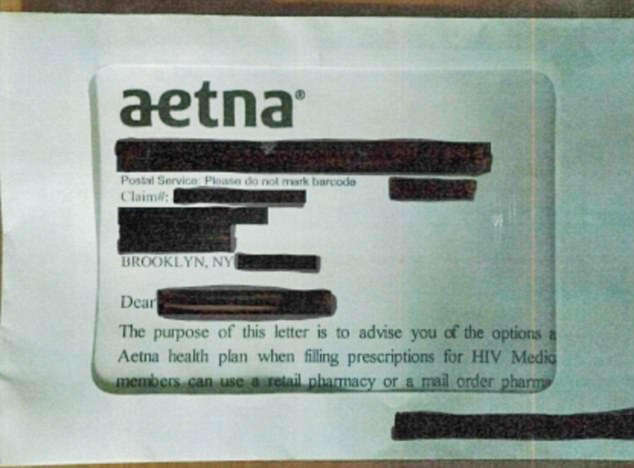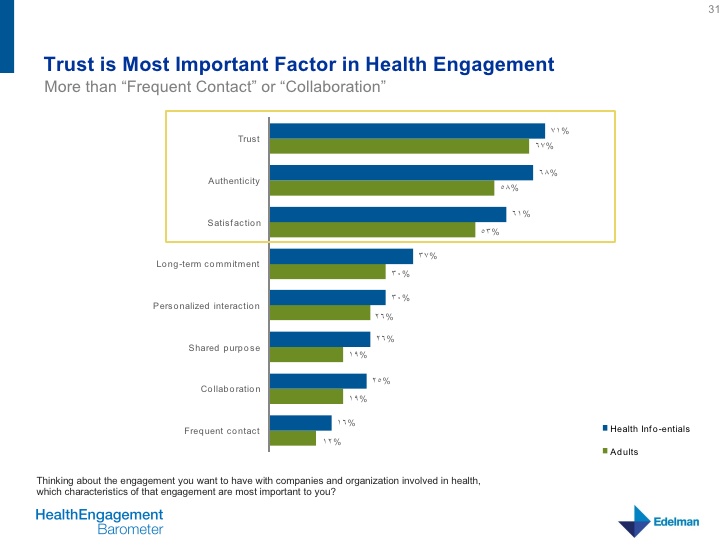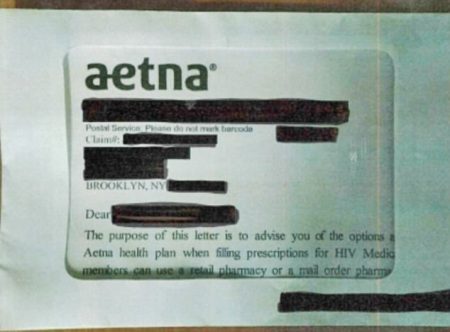
The importance of trust in healthcare cannot be overestimated. Trust underpins peoples’ health engagement. Trust eroded repels people from seeking necessary health care services.
So what do we make of Aetna’s appalling breach of patient privacy when the health insurer, whose 23 million members sign HIPAA agreements, sent a letter to some 12,000 members who are managing HIV….and the envelope in which these letters were mailed had a glassine window that exhibited the advisory showing the words, “The purpose of this letter is to advise you of the options…Aetna health plan when filling prescriptions for HIV Medic….members can use a retail pharmacy or a mail order pharma….”
Who needs a cyberattack on digitized electronic health recvords when a health plan discloses such information naked to the eye of an apartment super, a postal delivery person, a family member or friend bringing in the mail, or any other onlooker other than the patient-person herself?
The Legal Action Center in New York City and the AIDS Law Prodjec tof Pennsylvania sent a cease-and-desist letter to Aetna a report in NPR said. People living in Arizona, California, Georgia, Illinois, New Jersey, New York, Ohio, Pennsylvania, and Washington, DC, had complained about the letters, which were sent to people currently taking medications for HIV treatment as well as for PrEP (Pre-exposure Prophylaxis) which is a preventive therapy for people at risk for contracting HIV.
Aetna told the Center and Project that its mailing vendor had indeed been using a window envelope and that contents inside could have shifted in the envelope which may have revealed the confidential information. The letters were mailed on July 28 and July 31.
The story’s been covered massively across media outlets, well beyond health care and insurance. USA Today, the Wall Street Journal, US News & World Report, Philadelphia Inquirer, and many other mainstream news sources have covered this story.
Here’s NPR’s take, well worth reading.

Health Populi’s Hot Points: Trust and authenticity underpin a consumer’s willingness to engage with healthcare stakeholders, we learned in the Edelman Health Engagement Barometer.
We can go all the way to the Tuskegee Experiments for justifiable roots of distrust within the African-American community vis-a-vis the medical and healthcare industry. A timely essay in JAMA last week on the Nuremberg Code 70 Years Later focuses in on the primary role of trust between patient and health care providers, researchers, and other industry touchpoints. The result of the trial had direct import for “human rights, individual autonomy, and informed consent.”
History has scores of examples of how the healthcare system has eroded goodwill between the industry and patients and their families. We don’t need another example like the Aetna scenario, which is a #fail on simple HIPAA 101 policy and procedural basics.





 I am so grateful to Tom Lawry for asking me to pen the foreword for his book, Health Care Nation,
I am so grateful to Tom Lawry for asking me to pen the foreword for his book, Health Care Nation,  I love sharing perspectives on what's shaping the future of health care, and appreciate the opportunity to be collaborating once again with Duke Corporate Education and a global client on 6th May. We'll be addressing some key pillars to consider in scenario planning such as growing consumerism in health care, technology (from AI to telehealth), climate change, and trust -- the key enabler for health engagement or dis-engagement and mis-information. I'm grateful to be affiliated with the corporate education provider
I love sharing perspectives on what's shaping the future of health care, and appreciate the opportunity to be collaborating once again with Duke Corporate Education and a global client on 6th May. We'll be addressing some key pillars to consider in scenario planning such as growing consumerism in health care, technology (from AI to telehealth), climate change, and trust -- the key enabler for health engagement or dis-engagement and mis-information. I'm grateful to be affiliated with the corporate education provider  Thank you FeedSpot for
Thank you FeedSpot for